God Calls for Wisdom
Does not wisdom call, and does not understanding raise her voice ... Take my instruction instead of silver, and knowledge rather than choice gold; for wisdom is better than jewels, and all that you desire may not compare with her.
– Proverbs 8:1; 10
Living between 276 and 194 B.C., Eratosthenes was the chief librarian of Alexandria, definitely the place to be if you were searching for knowledge. It was the storehouse of virtually all of the documents, manuscripts, and letters that were of any importance in the ancient world. And it was Eratosthenes who oversaw this vast collection of wisdom, insight, and understanding.
We make a lot of assumptions about what people of that time believed. One of our worst misconceptions is that all people of that day believed the world was flat. But a careful reading of the Bible reveals that they knew the earth was round.
Have you not known? Have you not heard? Has it not been told you from the beginning? Have you not understood from the foundations of the earth? It is he who sits above the circle of the earth...
– Isaiah 40:21-22
And Eratosthenes not only recorded that the earth was round but also figured out almost exactly how big around it was. He had heard of a special well in his native Egypt near a town called Syene. He knew that, at noon on June 21—the day of the year when the sun would have been straight overhead for the Summer Solstice—the sun’s rays shone directly to the bottom of the well. He surmised then that, since Alexandria was due north, if the sun was directly overhead in Syene, its rays would hit Alexandria at an angle. He imagined the shaft of the well continuing all the way to the center of the earth and a similar line going to the center of the earth from Alexandria.
He understood that the angle formed by these lines could be calculated by the shadow cast in Alexandria[1], assuming the world was circular. From his knowledge of Assyrian and Babylonian geometry, which stated that any circle is divided into 360 degrees, and with the two points measured, Eratosthenes needed only one more piece of information to figure out the circumference of the earth.
He paid a pacer, a professional who was specially trained to walk in measured steps so as to gauge distances. This man walked and measured the distance from Alexandria to Syene. Once Eratosthenes knew the precise distance, he could, from the angle of the sun’s shadow he had determined in Alexandria, extrapolate the size of the circle by figuring the fraction of the circle’s circumference that distance represented. The answer he found was one-fiftieth – that is, if you walked back and forth from those two cities fifty times, you would have the distance around the circle of the earth.
Using this method, Eratosthenes estimated the circumference of the world to be 24,700 miles. Today, using the same measuring principles with modern instruments, we believe the distance to be 24,902 miles. Not a bad calculation for a guy working two thousand years ago. Brilliant, in fact.
But brilliance is not necessary to be wise. One doesn’t have to be a genius to keep heart, mind, and eyes open for ways to be better at what we do and how we do it. We can work for better understanding in our community, deepen our knowledge of the world, and broaden our perspectives of other cultures and other people. Throughout history, people like Eratosthenes have experienced great joy at nurturing their intelligence and using it to benefit others. May it be so with you and me this week. Let us learn something new, good, and exciting. And let that newfound knowledge help us to be better people on behalf of others.
[1] From the Greek mathematician Pythagoras (570-490 BC).
David Jordan, Senior Pastor, First Baptist Church of Decatur

